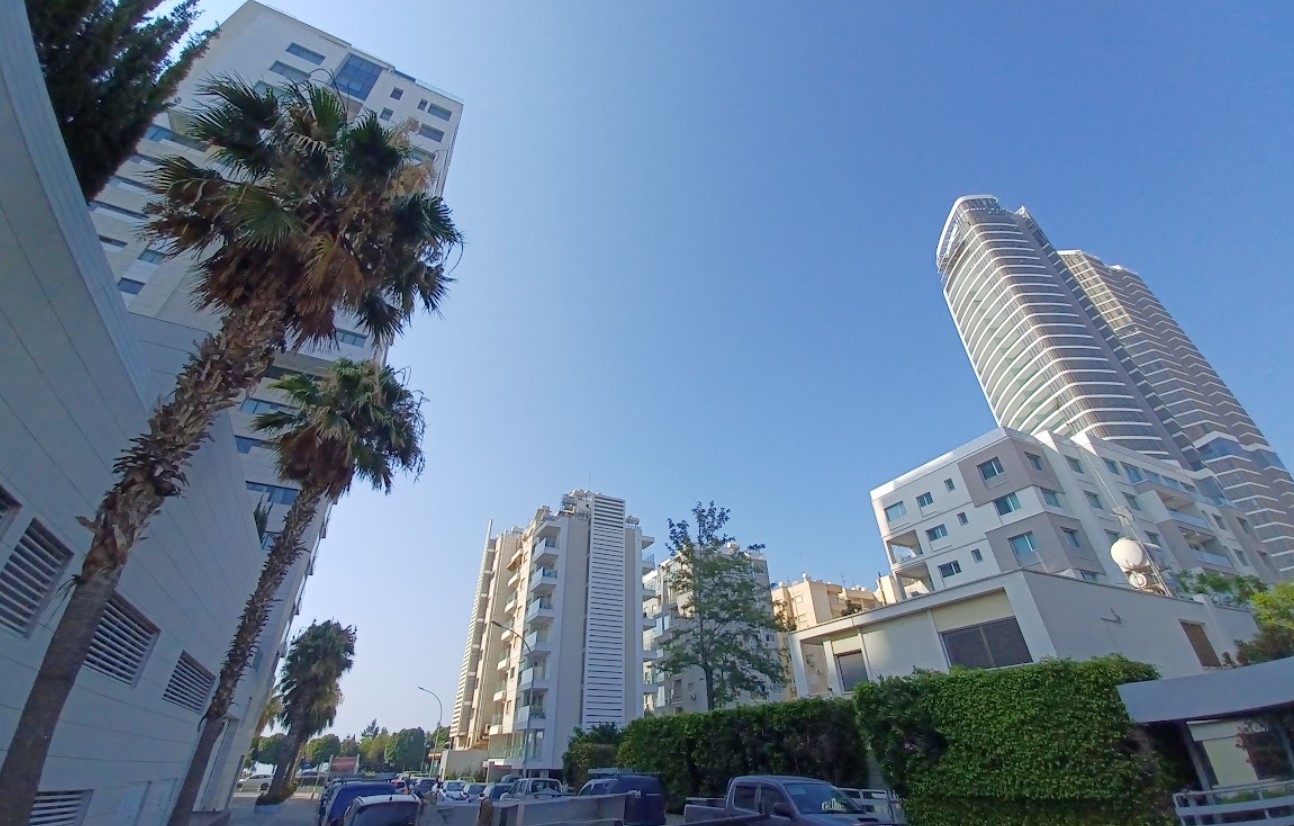Foreign investors in Cyprus are increasingly shifting their focus from luxury properties to more affordable housing, driven by a desire for residency permits rather than citizenship.
This shift, according to a report utilising 2023 data from real estate firm Danos, marks a significant change in the market dynamics.
The company noted that the Cypriot real estate market has undergone a noticeable transformation, with investors now seeking properties that offer residency permits instead of citizenship.
This represents a clear departure from the previous demand for luxury residences under the now-terminated ‘golden passport’ programme.
This trend, which became evident in 2023, is expected to persist into 2024, as indicated by data from Danos International.
Sales of luxury properties, particularly those valued at over €1.5 million, experienced a notable drop in 2023, signalling a downturn in the high-end segment of the market.
According to the firm, “Analysis of transaction data for single-family homes priced at €1.5 million or more in the first months of 2024 shows a slight increase year-on-year.”
However, as the report further explains, “this increase was minimal, and the overall market is still recovering from the significant drop in sales in 2023.”
Indeed, “property sales in this segment declined by 26 per cent in 2023 compared to the previous year.”
Additionally, Danos noted, “a total of 164 transactions worth over €1.5 million were recorded, amounting to €440 million.”
Despite this substantial figure, luxury homes contributed just 8 per cent to the total transaction value, marking the lowest share since 2013.
The firm also explained that the high-value property market has been in decline since 2018, following the peak years of 2016 and 2017.
At that time, luxury home sales were buoyed by foreign investors seeking Cypriot citizenship through the Cyprus Investment Programme.
“Data shows that 2017 was a particularly strong year for the luxury property market in Cyprus, with 260 properties (+24 per cent) worth over €1.5 million sold. This was the peak of demand for luxury properties,” Danos noted.
The impact of the 2017 boom was instrumental in reviving the broader property market, which had suffered due to the 2013 financial crisis.
The luxury segment saw impressive growth, with sales increasing by 43 per cent in 2016 compared to the previous year.
However, following the termination of the citizenship programme in 2020, the market for high-end properties began to shrink, as the profile of foreign investors shifted towards those seeking residency permits instead.
According to Danos, between 2010 and 2013, the market for luxury homes valued at over €1.5 million remained stable, with around 40 units sold annually.
However, after 2014, following changes to the programme, demand for luxury homes surged, peaking in 2017.
Since then, the market has slowed down, and attention has moved towards mid-range properties aimed at foreign buyers seeking residency permits rather than citizenship.
Despite these challenges, the Cypriot property market is expected to experience moderate growth in the coming years.
Kyriakos Kiliaris, Chief Marketing Officer (CMO) at Danos, suggests that stabilising high interest rates will help regulate demand.
“Although the luxury property market is unlikely to return to the peak levels of 2017, the wider property market will continue to be supported by foreign investment,” he said.
Moreover, geopolitical factors, particularly tensions in the Middle East, are expected to sustain interest from foreign buyers, especially from Europe and Asia.
The Cyprus Residency Programme, also known as the ‘golden visa’, remains a significant driver of foreign investment, offering residency permits to non-European citizens who invest in Cypriot real estate.
“Despite the challenges of rising construction costs and new regulatory changes, foreign investors continue to show strong interest in Cypriot real estate,” Kiliaris concluded.







Click here to change your cookie preferences